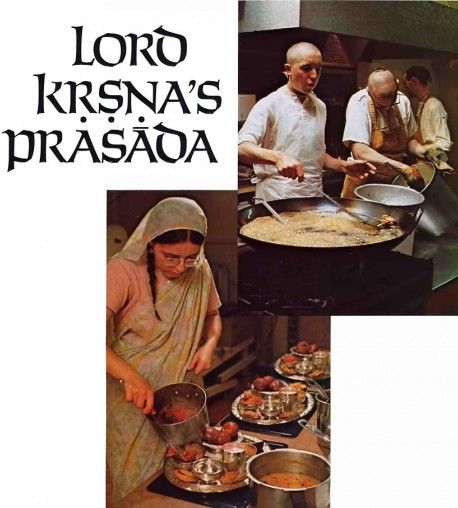
Instructions for Civilized Human Beings
The summary of the Fifteenth Chapter is as follows. In the previous chapter, Śrī Nārada Muni proved the importance of the brāhmaṇa in society. Now, in this chapter, he will show the differences between different grades of brāhmaṇas. Among the brāhmaṇas, some are householders and are mostly attached to fruitive activities or the betterment of social conditions. Above them, however, are brāhmaṇas who are very much attracted by austerities and penances and who retire from family life. They are known as vānaprasthas. Other brāhmaṇas are very much interested in studying the Vedas and explaining the purport of the Vedas to others. Such brāhmaṇas are called brahmacārīs. And still other brāhmaṇas are interested in different types of yoga, especially bhakti-yoga and jñāna-yoga. Such brāhmaṇas are mostly sannyāsīs, members of the renounced order of life.
As far as householders are concerned, they engage in different types of scriptural activities, especially in offering oblations to their forefathers and giving as charity to other brāhmaṇas the paraphernalia engaged in such sacrifices. Generally the charity is given to sannyāsīs, brāhmaṇas in the renounced order of life. If such a sannyāsī is not available, the charity is given to brāhmaṇa householders engaged in fruitive activities.
One should not make very elaborate arrangements to perform the śrāddha ceremony of offering oblations to one’s forefathers. The best process for the śrāddha ceremony is to distribute bhāgavata-prasāda (remnants of food that has first been offered to Kṛṣṇa) to all of one’s forefathers and relatives. This makes a first-class śrāddha ceremony. In the śrāddha ceremony there is no need to offer meat or eat meat. Unnecessary killing of animals must be avoided. Those who are in the lower grades of society prefer to perform sacrifices by killing animals, but one who is advanced in knowledge must avoid such unnecessary violence.
*
Nārada Muni continued: My dear King Yudhiṣṭhira,
Text 4
“If one arranges to feed many brāhmaṇas or relatives during the śrāddha ceremony, there will be discrepancies in the time, place, respectability and ingredients, the person to be worshiped, and the method of offering worship.”
Nārada Muni has prohibited unnecessarily gorgeous arrangements to feed relatives or brāhmaṇas during the śrāddha ceremony. Those who are materially opulent spend lavishly during this ceremony. Indians spend especially lavishly on three occasions—at the birth of a child, at marriage and while observing the śrāddha ceremony—but the śāstras prohibit the excessive expenditures involved in inviting many brāhmaṇas and relatives, especially during the śrāddha ceremony.
Seventh Canto, Fifteenth Chapter, of the Śrīmad-Bhāgavatam, entitled “Instructions for Civilized Human Beings.” Text 4







Speak Your Mind